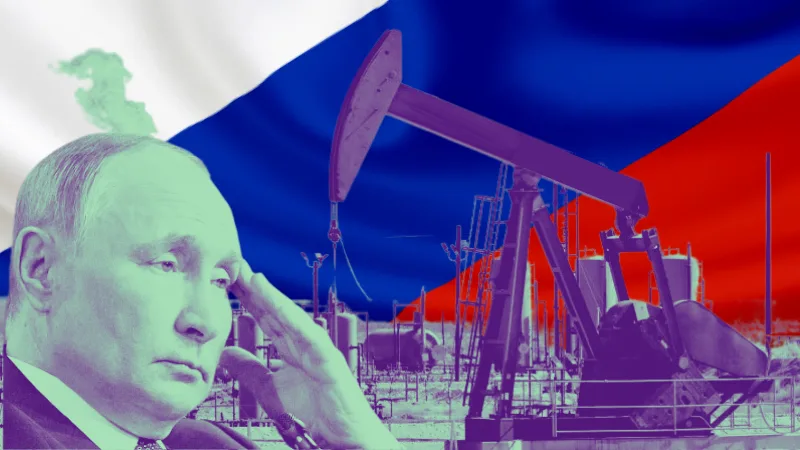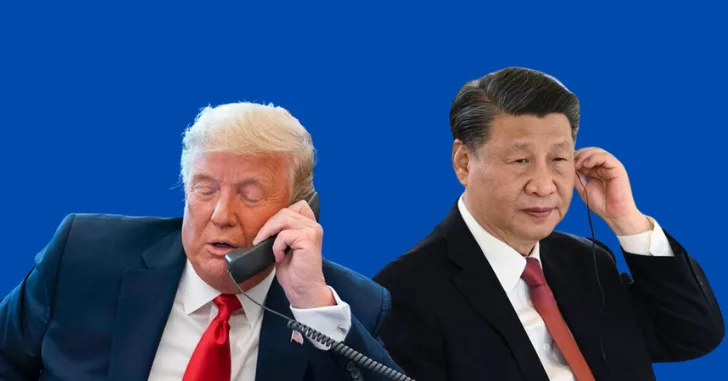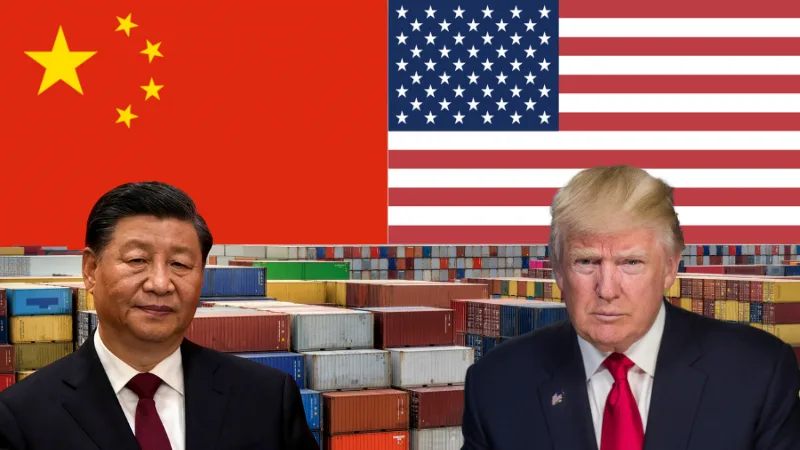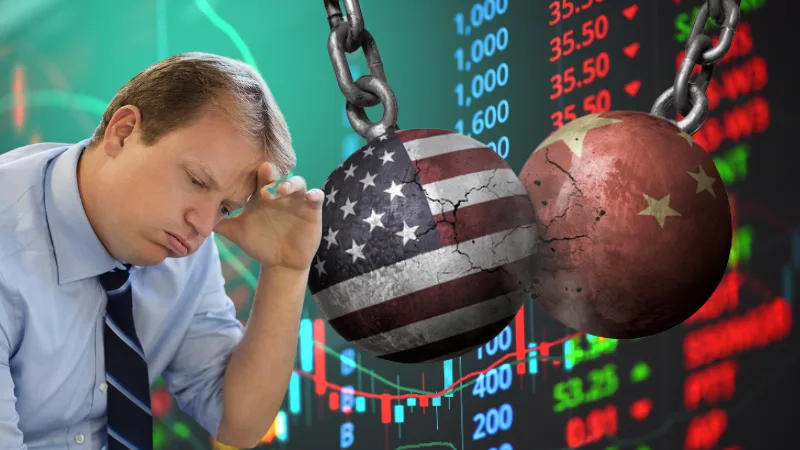The United States has recently implemented a new wave of sanctions targeting Russia’s energy sector. These measures, announced by the U.S. Treasury, aim to reduce the revenue Russia uses to fund its activities in Ukraine. Key targets include major oil producers Gazprom Neft and Surgutneftegas, as well as 183 vessels involved in transporting Russian oil. Let’s unpack what these sanctions entail, their broader implications, and how they could affect your finances and the global economy.
What Are the Sanctions?
The sanctions focus on restricting Russia’s ability to export crude oil, a critical component of its economy. Key provisions include:
- Targeting Russian Oil Giants: Gazprom Neft and Surgutneftegas, two of the country’s largest oil producers, are under tighter restrictions. These sanctions aim to limit their access to international markets and financial systems.
- Blacklisting Transport Vessels: 183 ships used for transporting Russian crude have been blacklisted. This move is designed to disrupt logistics and further isolate Russia from the global oil trade.
- Curtailing Revenue Streams: By targeting these entities, the U.S. hopes to reduce the revenue Russia can use to finance its military actions in Ukraine.
Global Implications
The sanctions are already having ripple effects across the global energy market. Here’s what you need to know:
- Rising Oil Prices: With restricted Russian oil exports, the global supply of crude oil is tightening. Brent crude prices have already risen above $81 per barrel, and further increases are expected as supply dwindles.”These sanctions are a significant step in reducing Russian oil revenue, but they’ll also cause a ripple effect in the global markets,” said Edward Moya, a senior market analyst at OANDA. “We’re likely to see oil prices surge even higher in the coming months.”
- Shift in Supply Chains: Countries like China and India, previously major buyers of Russian oil, are now seeking alternative supplies from the Middle East, Africa, and the Americas.”India and China will face challenges in finding affordable alternatives,” noted Vandana Hari, founder of Vanda Insights. “This shift will undoubtedly drive up freight and refining costs.”
- Market Volatility: The sanctions introduce additional uncertainty into energy markets, which could lead to price fluctuations and economic instability in regions heavily reliant on oil imports.”Market volatility is inevitable,” said Helima Croft, head of global commodity strategy at RBC Capital Markets. “Energy-importing countries will need to brace for higher costs and potential disruptions.”
How This Could Impact You Directly
While these sanctions primarily target Russia, their effects could be felt closer to home in several ways:
- Higher Gas Prices: As crude oil prices rise, consumers may see higher prices at the pump. This could increase transportation costs, affecting everything from your daily commute to the price of goods.”Gasoline prices in the U.S. are already creeping up,” observed Patrick De Haan, head of petroleum analysis at GasBuddy. “This trend will likely continue if oil prices stay above $80 a barrel.”
- Increased Inflation: Higher energy prices contribute to inflation, driving up the costs of heating, electricity, and everyday essentials.”Energy is a key driver of inflation,” said Sarah House, senior economist at Wells Fargo. “When energy prices spike, we often see broad-based price increases across other sectors.”
- Investment Portfolio Risks: If you have investments in energy stocks, ETFs, or mutual funds, the volatility in oil markets could lead to fluctuating returns. Conversely, certain U.S. energy companies might benefit from higher global oil prices.”Investors should pay attention to energy stocks,” advised Tom Kloza, global head of energy analysis at OPIS. “Companies involved in shale production could see a boost.”
- Economic Uncertainty: Rising costs and market instability could slow economic growth, potentially impacting job markets and consumer confidence.”The broader economy may face headwinds,” warned Claudia Sahm, a former Federal Reserve economist. “Policymakers will need to balance inflation control with economic growth.”
What’s Next?
The Kremlin has criticized these sanctions, warning that they could destabilize global markets. Russian officials are exploring ways to mitigate their impact, including redirecting oil flows to non-Western countries and using alternative payment systems. Meanwhile, the U.S. and its allies are likely to monitor the sanctions’ effectiveness closely and may implement additional measures if deemed necessary.
“Russia’s strategy will be to deepen its ties with countries outside the West,” said Tatiana Mitrova, a fellow at Columbia University’s Center on Global Energy Policy. “However, these efforts will take time and may not fully offset the losses.”





